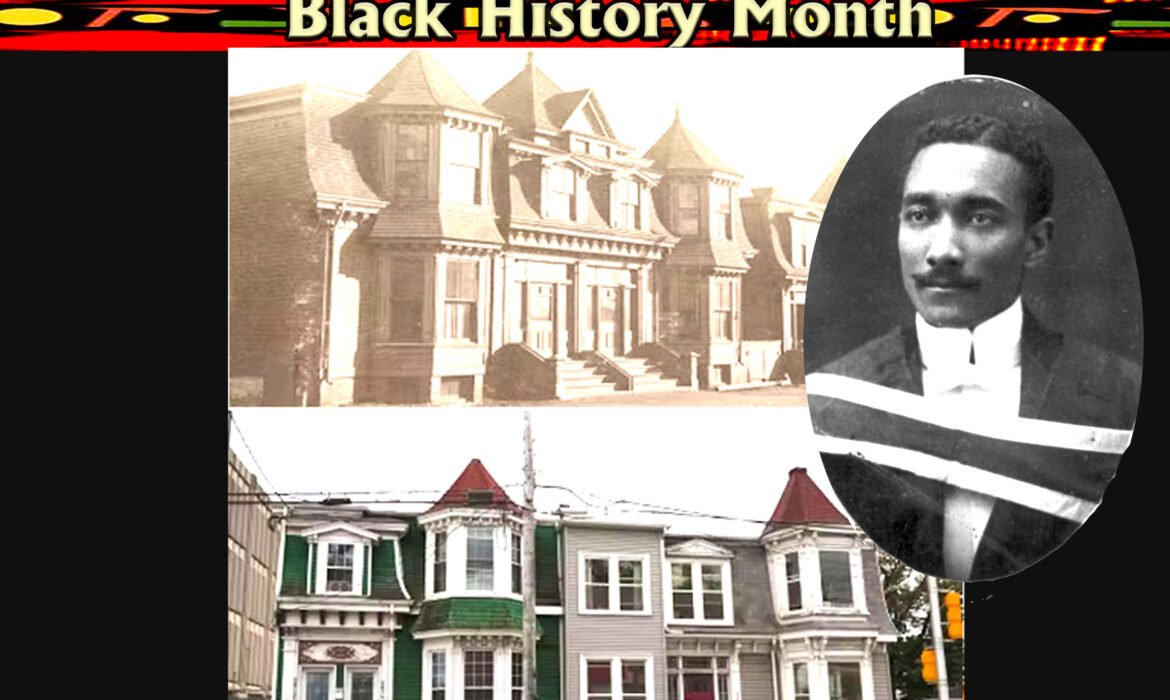There’s a little house on North Street in Halifax, Nova Scotia standing today as a rental property but for Black Haligonians is a repository of history that must be protected.
The house, was home to Dr. Clement Ligoure, a Trinidad-born super achiever who became Nova Scotia’s first Black doctor. Last month it was granted heritage status by the Halifax regional council after years of advocacy by the Black community for its protection.
Dr. Ligoure’s story documents the intense racism that permeated Canadian society at various levels as strove to study, set up a practice and contribute.
He graduated from Queen’s University in 1916, one of a handful of Blacks allowed to study at the institution’s medical department at the time.
Two years later in 1918, Queen’s instituted a ban on all Black students snuffing out the dreams of all Black students who aspired to be a physician and enter the medical field.
Remarkably that ban endured for 47 years, meaning, officially not one Black person allowed to sign up at Queen’s medical department, at all, at all… until 1965.
When the motion was adopted by the university’s senate, there were 15 Black students in the department.
After graduating in 1916, Dr. Ligoure moved to Halifax, expecting to become the medical officer of the No. 2 Construction Battalion, Canada’s only all-Black unit to serve WW1.
Although he helped to recruit soldiers in the formation of the battalion, he was denied the position because the Canadian military would not allow for a Black officer.
He chose to stay in Halifax but his accreditation as a physician was not enough to earn him hospital privileges forcing the doctor to set up the Amanda Private Hospital at the little house on North Street. (Amanda was his mother name.)
From this clinic, Dr. Ligoure offered treatment to people in his community, for the most part unrecognized.
Then on Dec. 6, 1917, Halifax went up in flames after two wartime ships collided in the harbour. The blast killed over 2,000 people and injured more than 9,000.
With hospitals and medical personnel overwhelmed, Dr. Ligoure work and his clinic became invaluable in treating and salvaging victims of the inferno. As far as the city records show not one of those he treated paid for his services.
In addition, he devoted himself to providing a voice for him community when he founded and served as editor Nova Scotia’s first Black newspaper, the Atlantic Advocate. Also it was published from the little house on North Street.
Now that the house has been designated a heritage building community activists are focusing what will become of it. Among the suggestions on the table is for it to be transformed into a museum of Black history or to be reopened as a medical clinic for Halifax under-served Black community.
Dr. Clement Ligoure’s House in Halifax















